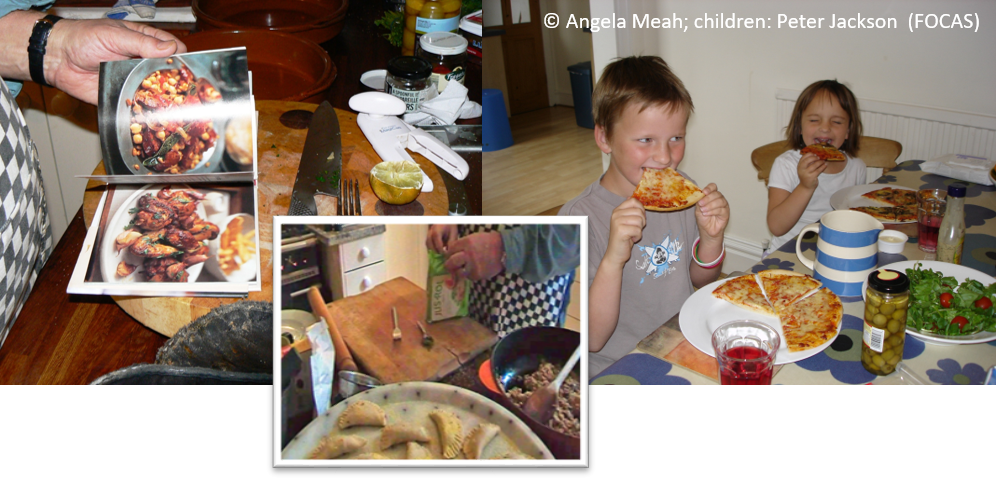Food, Convenience and Sustainability
The FOCAS (Food, Convenience and Sustainability) project examined four types of convenience food (processed baby-food, supermarket ready-meals, canteen food and meal-box schemes) through comparative research in Denmark, Germany, Sweden and the UK. The research adopted a 'theories of practice' approach, emphasising the meanings that consumers attach to convenience food; the practices with which convenience food is associated; the embeddedness of convenience foods in the routines and rhythms of everyday life; and the 'do-ability' of convenience food in terms of its practicality and cultural appropriateness. Based on qualitative research (including interviews, focus groups and ethnographic observation), the research demonstrates that convenience foods do not stand alone as a separate category in terms of everyday consumption being frequently combined with other kinds of food. Nonetheless, convenience foods are often contrasted negatively with 'homemade' food, cooked from scratch using fresh ingredients. Research participants frequently rationalized their use of convenience food and culinary short-cuts, using irony and self-deprecating humour to negotiate potentially troubling issues regarding the alleged decline in cooking skills and culinary competence, the evidence for which is extremely sketchy. The research also addressed the temporal dimensions of convenience food and its normalization as part of part of many people's routine consumption practices.

Project consortium
Coordinated by
University of Sheffield (UK)
Partners
- Bonn University (DE);
- Roskilde University (DK);
- University of Gothenburg (SE)